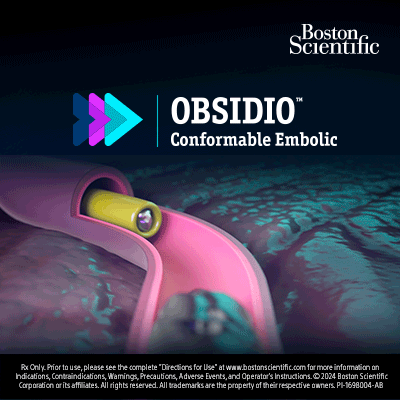SIR 2025
Embolization
Traditional Poster
14 - Optimizing Patient Selection for Combined TACE and Targeted Therapy in HCC: A Systematic Review and Meta-Analysis
.jpg)
Leila Haghani, MD, MPH
Postdoc Fellow
UMass Chan Medical School, Interventional Radiology, United States- RS
Ramin Shahidi, MD
Postdoc Fellow
Bushehr University of Medical Science, Radiology Department, Iran
Poster Presenter(s)
Author/Co-author(s)
Inconsistent results from randomized controlled trials (RCTs) on combined transarterial chemoembolization (TACE) and targeted therapy for hepatocellular carcinoma (HCC) have led to uncertainty in patient selection and treatment efficacy. This study aimed to determine the efficacy of combined TACE and targeted therapy in HCC and identify key prognostic factors influencing outcomes to improve patient selection.
Materials and Methods:
We conducted a systematic review of randomized controlled trials (RCTs) in Scopus, Google Scholar, and PubMed/ Medline through June 2024 for studies comparing efficacy of combined TACE and targeted therapy to TACE alone or systematic therapy alone in HCC patients. Studies were eligible if they reported Overall survival (OS) or progression-free survival (PFS) and time to progression (TTP). Random-effects meta-regression was used to analyze the impact of various clinical and treatment factors on these outcomes.
Results:
Fourteen RCTs encompassing 2,870 patients were included. The efficacy of combined therapy varied across studies, with hazard ratios for PFS and TTP ranging from 0.35 to 1.46 compared to monotherapy. Meta-regression identified several significant prognostic factors: Child-Pugh A liver function (p< 0.05), ECOG performance status 0-1 (p< 0.05), and BCLC stage B-A (p< 0.01) were associated with improved PFS and TTP. The number of TACE sessions (range: 0-4) and targeted therapy duration (range: 0.8-16.1 months) showed no significant impact on these outcomes. Tumor size and number demonstrated a negative correlation with PFS and TTP, though not reaching statistical significance. Treatment sequence and interval between therapies did not significantly influence outcomes.
Conclusion: The efficacy of combined TACE and targeted therapy in HCC depends on patient characteristics. Better liver function, performance status, and earlier disease stage are associated with improved outcomes. These findings provide crucial insights for optimizing patient selection and treatment in HCC management.


.jpg)